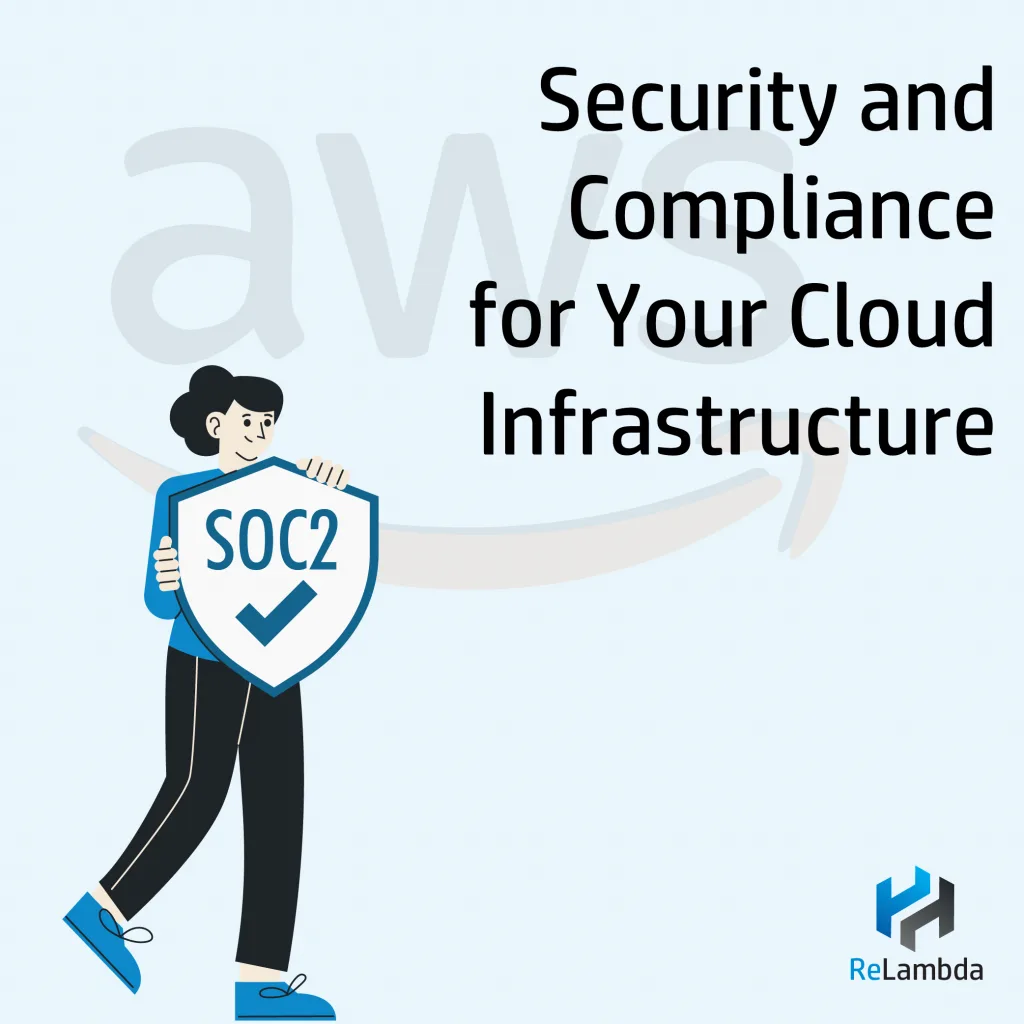Cloud Security Posture Management (CSPM) has emerged as a critical component of modern cybersecurity strategies. As organizations increasingly adopt cloud technologies, CSPM solutions help identify, assess, and mitigate security risks across their cloud environments. Here are six key aspects of CSPM:
1. Continuous Monitoring and Assessment
- Real-time Visibility: CSPM tools continuously monitor cloud environments for misconfigurations, vulnerabilities, and threats.
- Risk Prioritization: By identifying and prioritizing risks, organizations can focus on the most critical issues.
2. Configuration Management
- Policy Enforcement: CSPM solutions enforce security policies and standards across cloud environments.
- Configuration Drift Detection: These tools can detect deviations from security best practices and remediate them promptly.
3. Vulnerability Management
- Vulnerability Scanning: CSPM solutions scan cloud environments for vulnerabilities, such as outdated software or weak passwords.
- Patch Management: By identifying and patching vulnerabilities, organizations can reduce the risk of attacks.
4. Identity and Access Management (IAM)
- Access Control: CSPM tools can help manage user access to cloud resources, ensuring that only authorized individuals can access sensitive information.
- Privilege Management: These solutions can minimize the risk of unauthorized access by limiting user privileges.
5. Data Security
- Data Classification: CSPM tools can help classify data based on sensitivity, enabling organizations to implement appropriate security controls.
- Data Loss Prevention (DLP): These solutions can prevent unauthorized data transfers and leaks.
6. Compliance and Reporting
- Compliance Monitoring: CSPM tools can help organizations comply with industry regulations, such as HIPAA, GDPR, and PCI DSS.
- Detailed Reporting: These solutions provide comprehensive reports on security posture, enabling organizations to make informed decisions.
Why CSPM Matters
By implementing a robust CSPM strategy, organizations can:
- Reduce Security Risks: Identify and mitigate threats before they can exploit vulnerabilities.
- Improve Compliance: Ensure adherence to industry regulations and standards.
- Optimize Cloud Costs: Identify and eliminate unnecessary cloud resources.
- Enhance Incident Response: Respond to security incidents more quickly and effectively.
In today’s complex cloud landscape, CSPM is essential for safeguarding sensitive data and maintaining a strong security posture. By investing in a comprehensive CSPM solution, organizations can protect their cloud environments and minimize the risk of cyberattacks.


